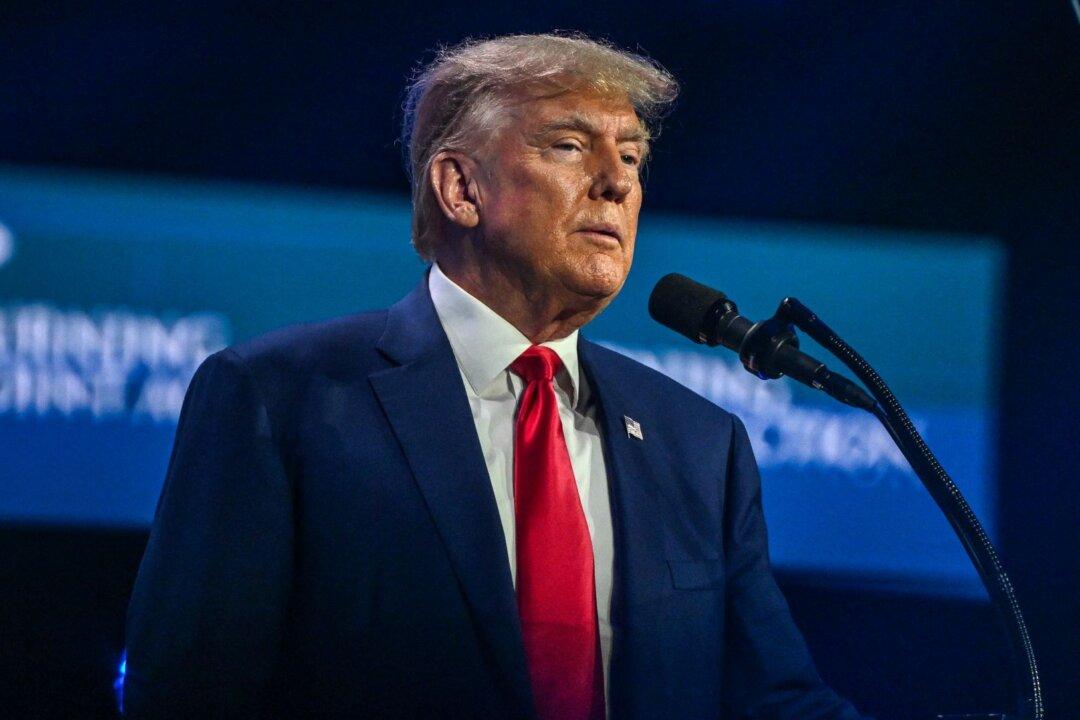Commentary
What we are witnessing in this roll-out of very questionable and even spurious indictments of former President Trump is a systematic abuse of the Constitution to which both parties have become addicted.

What we are witnessing in this roll-out of very questionable and even spurious indictments of former President Trump is a systematic abuse of the Constitution to which both parties have become addicted.